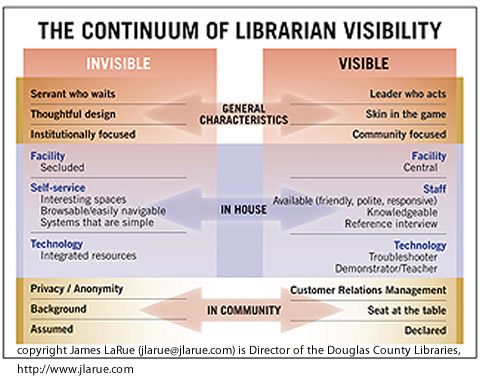As someone who is working in a public library I have always thought that is very impractical to venture into E-Books, little did I know that its the most practical and most convenient practice. Nowadays public libraries have to also have stock for tertiary students which is very impossible to purchase considering the tight budget constraints which public libraries are faced with.
When libraries purchase any particular title copy for tertiary students, it very impossible to get multiple copies as they are very pricey and also limiting to the number of students who can use the very same copy at the same copy @ once. Another thing is that libraries are also faced with overflowing shelves, but if they were to try going the E-Book route the problem of space which they faced with would be resolved.
With all this being said let first look is meant by E-Books, according to Wikipedia a E-Book is an electronic version of a printed book which can be read on a computer or specifically designed handheld device.
Devices Used to Access E-books:
Desktop & Laptop Computers

Digital Audio Players
E-readers

Handheld Mobile Devices




